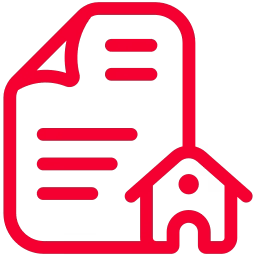A Lock-in Period is the minimum time you must stay with your current home loan package before refinancing or fully repaying it. Typically lasting 2 to 5 years, it ensures the bank recovers its administrative and promotional costs. If you choose to refinance early, a penalty of about 1.5% of the outstanding loan amount may apply.
Tip: If you’re planning to sell your property during this period, do let our Mortgage Broker know! We can help you find a home loan package that offers a full 100% penalty waiver upon sale of your property.












